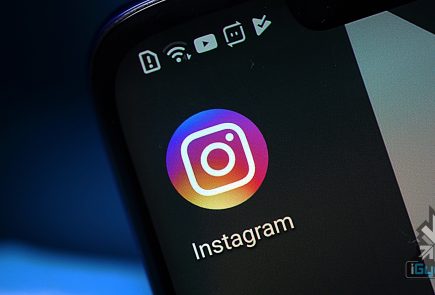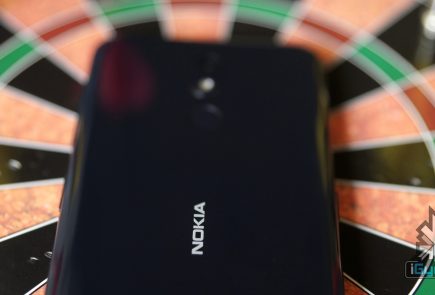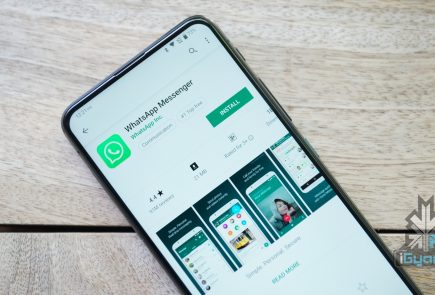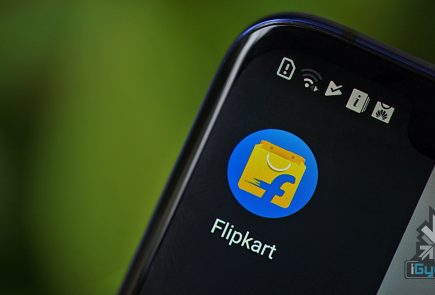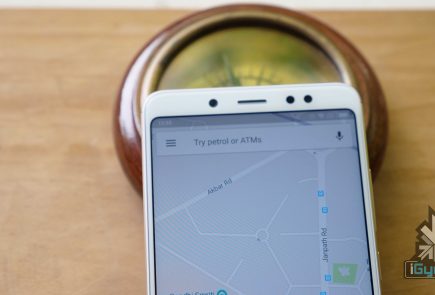Over 2,000 Dangerous Apps Found On The Google Play Store
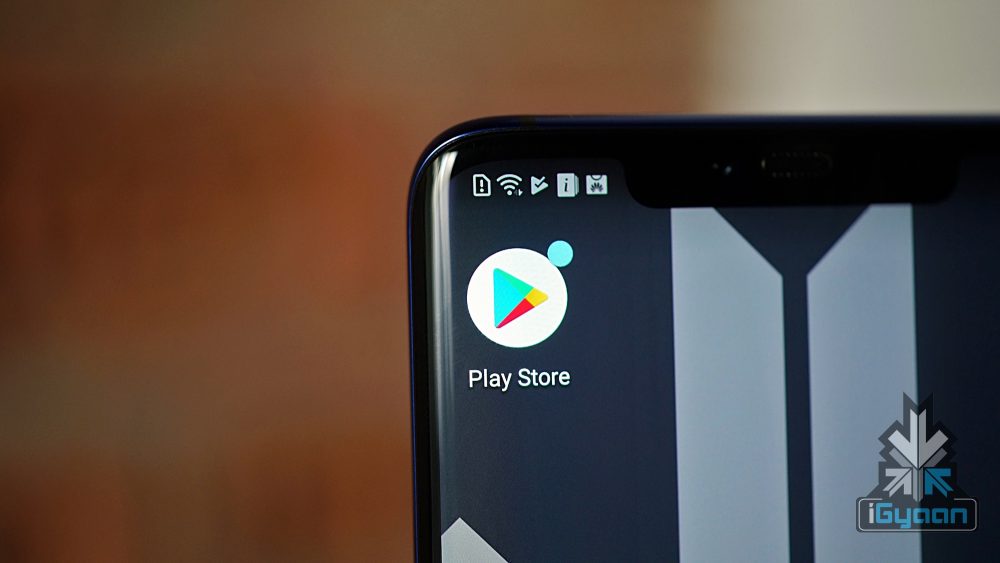
Google’s Android is by far one of the most accessible OS (operating system) available in the market. It is estimated that about 75% of all smartphone users are using the software. This implies that 3 out of every 4th person has an Android enabled device. Hence, there are bound to be shortcomings and problems related to such a high user base. Notably, a brand new report has claimed that over 2,040 of Google Play Store apps are harmful to the users, some of which are famous.
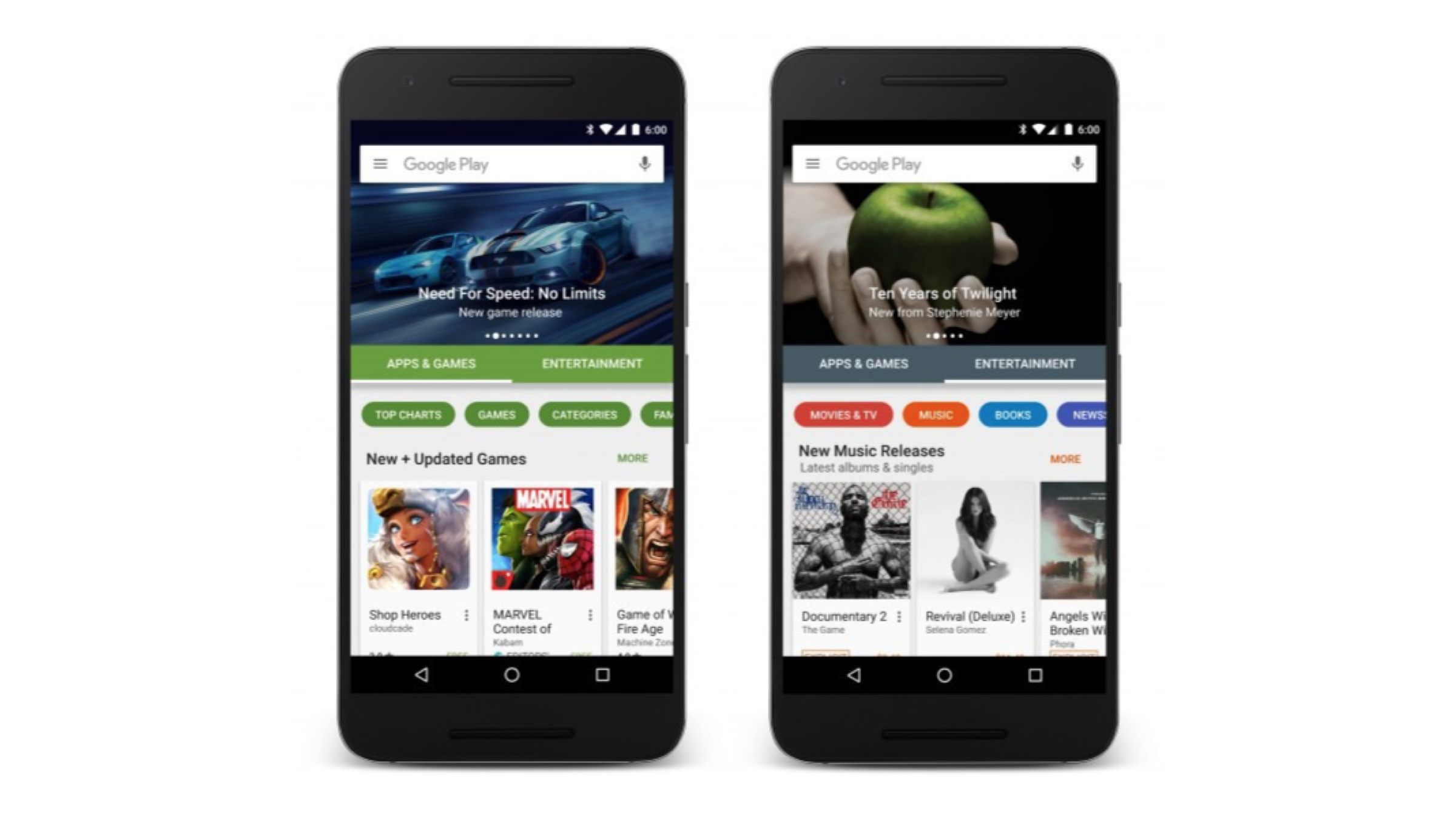
Research by the University of Sydney and Data6161 or CSIRO has administered over 1 million apps on the Google Play store. The two-year long study had found a large number of fake apps which weren’t malware but still required an unnecessary amount of permissions. These apps had no need for the data access that they were asking the users to provide. Certain software available on the Play store were famous, such as Hill Climb Racing and Temple Run. However, a few of these applications were downright malware.

Machine learning and Neural networking are being heavily implemented in the processing of all the 1 million applications. An algorithm was specifically developed to look for similar text description and icon designs in Google Play’s top 10,000 most popular apps. A massive number of 49,608 were seen as potential threats to users or their device’s integrity. VirusTotal flagged about 7,246 of the apps as outright malicious while the remaining 2,040 were fake and high-risk apps. Furthermore, 1,565 of such apps made at least 5 sensitive permissions request and 1,407 were embedded with 3rd party ad libraries.

Also Read: Honor 9X To Feature A Triple Camera Set Up And Kirin 810
The aforementioned dangerous applications have since been removed. Google has reported that the number of rejected app submissions has jumped by more than 55% over the previous year while app suspension has increased by up to 66%. Users should be wary of such applications and should ensure to always download only the official and recognised corporations applications from the Google Play store. If unavoidable, one should pay attention as to what permissions the apps are demanding. A game should have no right to making calls and sending messages or have access to customers contact details.
















